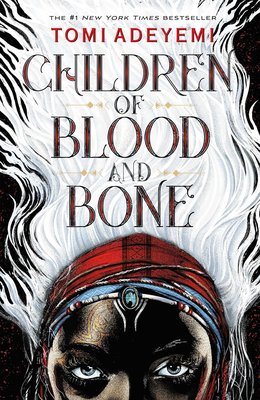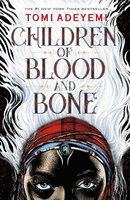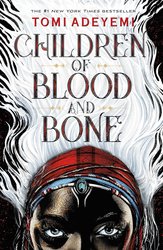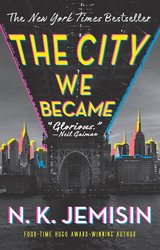An Instant #1 New York Times Bestseller A TIME Top 100 Fantasy Books of All Time A New York Times Notable Children's Book A Kirkus Prize Finalist With five starred reviews, Tomi Adeyemi’s West African-inspired fantasy debut, and instant #1 New York Times Bestseller, conjures a world of magic and danger, perfect for fans of Leigh Bardugo and Sabaa Tahir. They killed my mother. They took our magic. They tried to bury us. Now we rise. Zélie Adebola remembers when the soil of Orïsha hummed with magic. Burners ignited flames, Tiders beckoned waves, and Zélie’s Reaper mother summoned forth souls. But everything changed the night magic disappeared. Under the orders of a ruthless king, maji were killed, leaving Zélie without a mother and her people without hope. Now Zélie has one chance to bring back magic and strike against the monarchy. With the help of a rogue princess, Zélie must outwit and outrun the crown prince, who is hell-bent on eradicating magic for good. Danger lurks in Orïsha, where snow leoponaires prowl and vengeful spirits wait in the waters. Yet the greatest danger may be Zélie herself as she struggles to control her powers and her growing feelings for an enemy. Praise for Children of Blood and Bone "A phenomenon." ― Entertainment Weekly “The epic I’ve been waiting for.” ― New York Times -bestselling author Marie Lu “You will be changed. You will be ready to rise up and reclaim your own magic!” ― New York Times -bestselling author Dhonielle Clayton “The next big thing in literature and film.” ― Ebony “One of the biggest young adult fiction debut book deals of the year.” ― Teen Vogue This title has Common Core connections. - The Complete Legacy of Orïsha Series: Children of Blood and Bone (Book 1) Children of Virtue and Vengeance (Book 2) Children of Anguish and Anarchy (Book 3)






